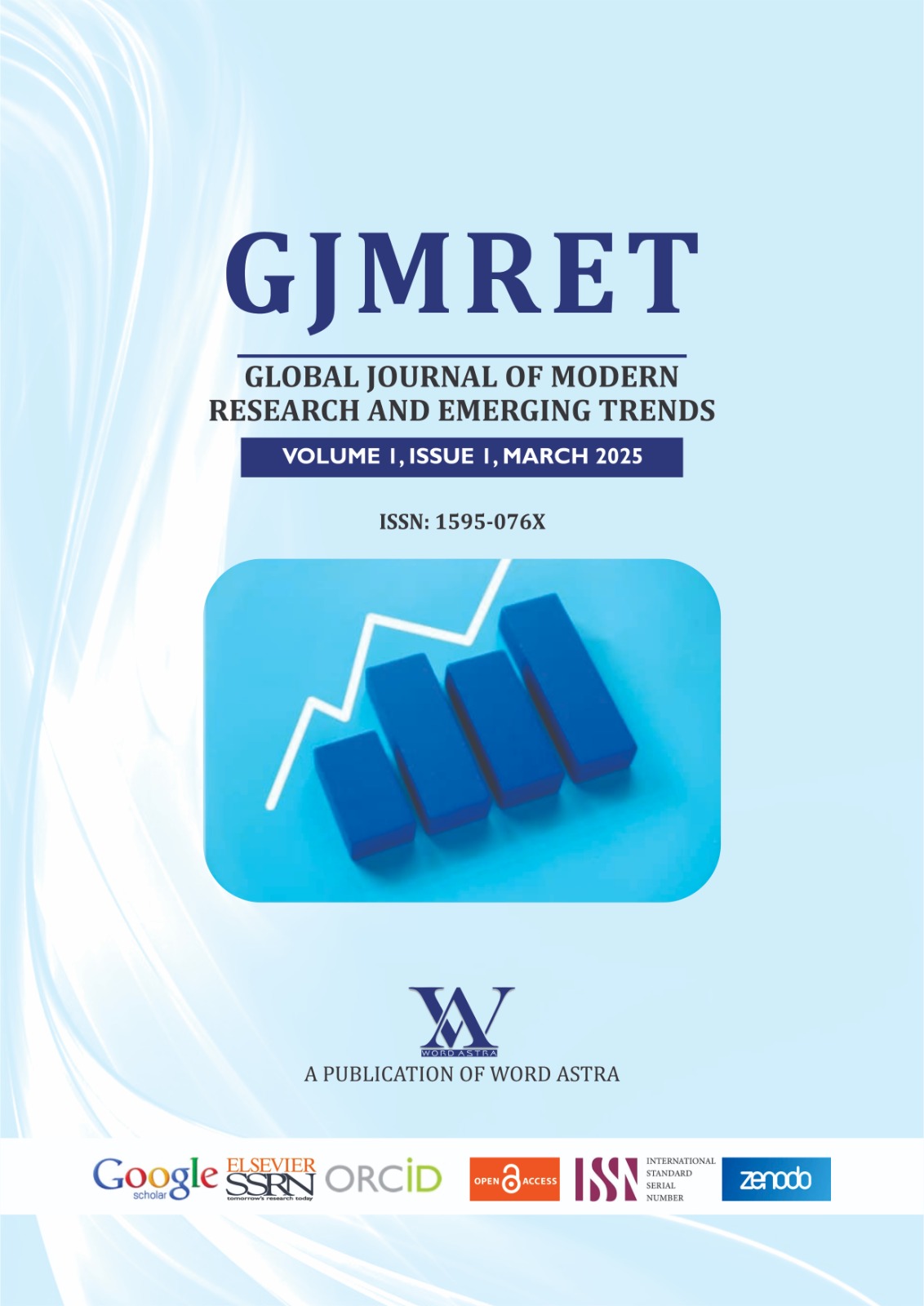
Assessment of Thunderstorm-Related Flight Disruptions and Airport Preparedness in Nigeria: A 35-Year Retrospective Study
This study assesses the impact of thunderstorms on flight operations and the preparedness of airports in Nigeria over a 35-year period. Air transport plays a crucial role in economic development, yet it is frequently disrupted by adverse weather conditions, particularly thunderstorms. These meteorological events lead to significant delays, cancellations, and diversions in flight schedules, posing safety concerns for passengers and operational efficiency. The research employed an ex post facto study design, utilizing both primary and secondary data. Primary data were collected through structured questionnaires distributed to operational staff at six major international airports, while secondary data were sourced from the Nigerian Aerospace Management Agency. The analysis revealed a concerning trend of increasing flight disruptions, particularly at Lagos and Abuja airports. Although there were no thunderstorm-related crashes reported, the rising number of delays and cancellations undermines passenger confidence and operational stability. Hypothesis testing indicated that thunderstorms do not significantly predict flight disruptions, with an adjusted R² of -0.021, suggesting that other factors might play a more critical role. The study highlights significant gaps in airport preparedness, despite the existence of weather monitoring systems and emergency training programs. Recommendations include enhancing airport infrastructure, improving weather forecasting technologies, and establishing robust communication networks among stakeholders. The findings suggest a comprehensive approach to mitigate the adverse effects of thunderstorms on aviation in Nigeria, thereby ensuring safer and more reliable air transport.
Download Article


